 A new body scan system has been installed at JFK Airport, New York, which allows airport screeners to peer beneath passengers' clothing in search of secreted weapons.
A new body scan system has been installed at JFK Airport, New York, which allows airport screeners to peer beneath passengers' clothing in search of secreted weapons.
According to the TSA (Transportation Security Administration) - which is rolling the machines into airports across the US - the scanner is not a compulsory security measure. In other words, travellers don't have to use it.
However, those passengers who are required to undergo additional screening have the choice of entering the machine, or opting for a body pat-down.
Millimetre Wave Scanners
The machines - known as millimetre wave scanners - produce a 3D image of the body, showing some degree of detail, but, according to a spokeswoman for the TSA, not some areas.
The images generated, said Lara Uselding, are too blurred to show the anatomy clearly.
Furthermore, she added, the images are only seen by a security worker in a secluded room, who has no contact with the person being examined.
Faces are obscured automatically, she said, and the images are not archived - even if they do show the presence of a hidden weapon.
JFK's scanner was put in at a checkpoint used by the US airlines American Eagle and American Airlines, as well as international carriers Malev (of Hungary), Jet Airways (of India) and Finnair (of Finland).
Introduction of the technology, Uselding commented, was delayed.
"We waited to roll this technology out to address some privacy concerns", she said.
Even so, some, such as the American Civil Liberties Union's Jay Stanley, are still concerned.
"These things often are introduced very gingerly with all the protections, but over the years they're stripped away", he stated.
"How long are they going to be voluntary? How much assurance can we really have that images are not going to end up on the Internet?"
Each scanner, according to Uselding, costs around $150,000. Thirty more are set to be installed in other hubs, although it is not yet known which ones.
15 Second Scans
Passengers using the scanners enter them and raise their arms. The scans themselves last around 15 seconds.
According to Uselding, the machines do not pose a risk to travellers' health, given that the energy emitted equates to 1/10,000th of that of a mobile phone.
The scanners are effectively being piloted so that the TSA can establish how effective they are. As well as airports in the US, the same devices are also being trialled at hubs in seven overseas countries.
Source - Airport International's US Correspondent
 A new body scan system has been installed at JFK Airport, New York, which allows airport screeners to peer beneath passengers' clothing in search of secreted weapons.
A new body scan system has been installed at JFK Airport, New York, which allows airport screeners to peer beneath passengers' clothing in search of secreted weapons.
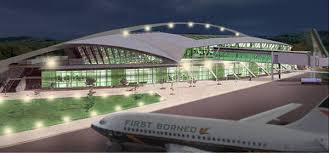
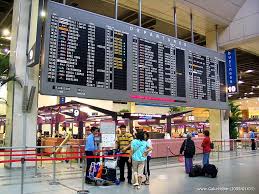

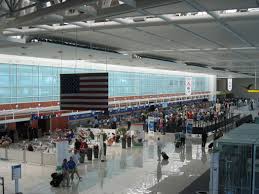

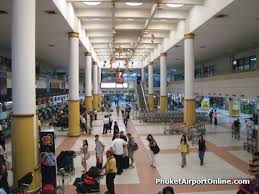
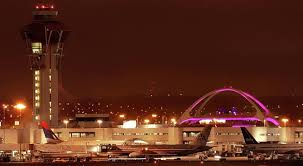
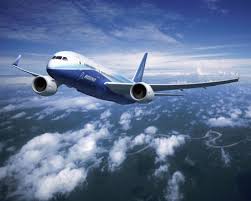
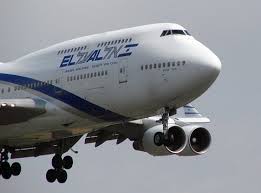
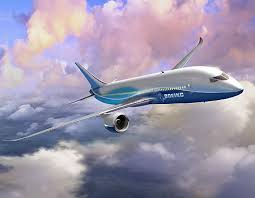


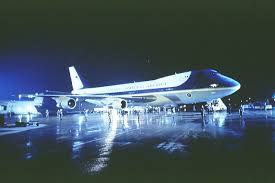
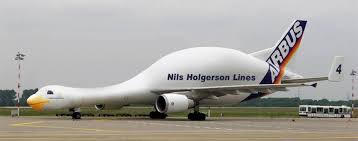
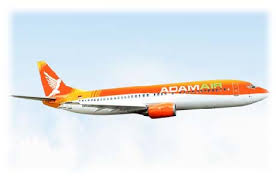
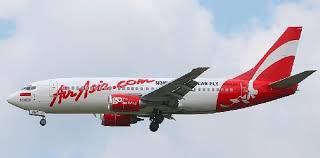
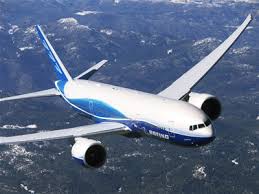

No comments:
Post a Comment